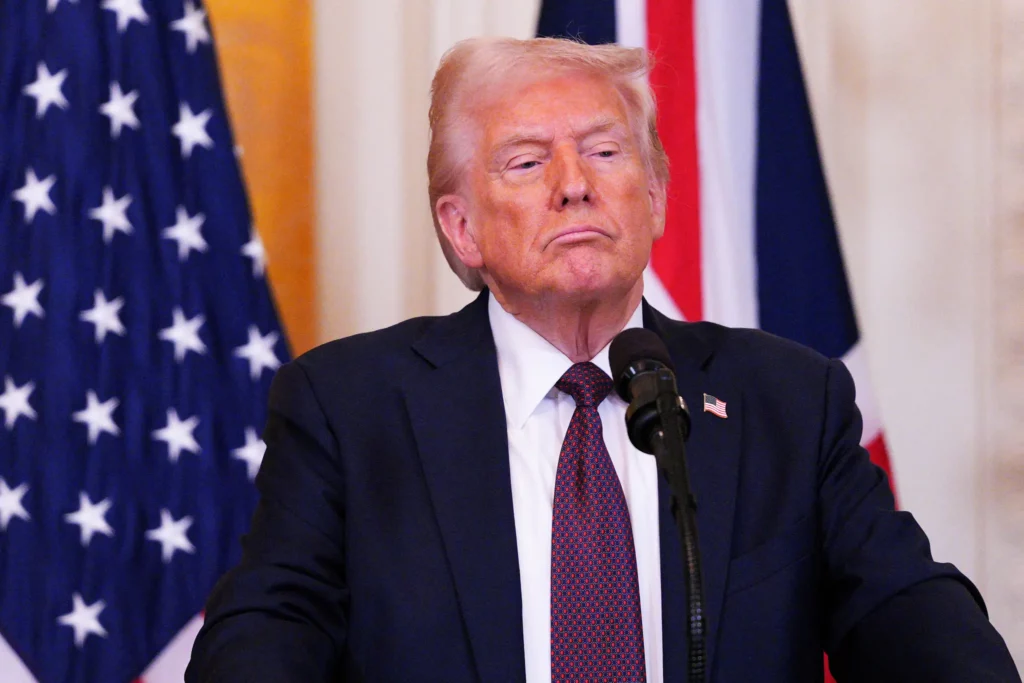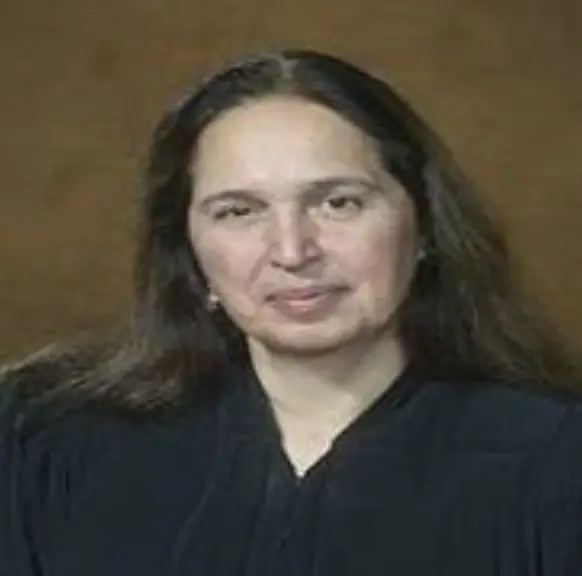U.S. District Judge Indira Talwani temporarily blocked the effort by the Trump administration‘s to terminate the CHNV parole program established during President Biden’s term for migrants from Cuba, Haiti, Nicaragua, and Venezuela.
The plan presented by the head of CHNV was to revoke the parole status of around 500,000 migrants coming from these countries on April 24.
Judge Talwani argued in a 41-page order filed in Boston federal court that abruptly revoking these people’s parole status would tear families apart and force them to endure hardship.
This decision gave hope to around half-a-million migrants who expect to stay in the U.S. for a two-year period.
“The immediate impact of the shortening of their grant of parole is to cause their lawful status in the United States to lapse early — in less than two weeks,” the judge wrote. “If their parole status is allowed to lapse, [the paroled immigrants] will be faced with two unfavorable options: continue following the law and leave the country on their own, or await removal proceedings.
“If [they] leave the country on their own, they will face dangers in their native countries,” she added.

The publication further states that most of the people Trump’s administration wanted to sent back to their native countries have been working in South Florida after receiving help from relatives and after seeking asylum and other forms of protection.
However, Talwani ruling is now under scrutiny by the government following the release of information regarding her past involvements in multiple Democratic campaigns.
Among the rest, she volunteered for Massachusetts Governor Deval Patrick, presidential candidate Barack Obama, state Attorney General Martha Coakley, and Senator Elizabeth Warren.
This raises the question whether judges with partisan history should step aside from cases with strong political significance. Past political involvement with certain political party can negatively affect the critical perception of judicial impartiality, experts argue.
However, the most controversial aspect of Talwani’s past political involvement is her work with the Chinese Progressive Association (CPA), an organization reportedly linked to the Chinese Communist Party (CCP).
The association’s founder, Fay Wong, was said to have described China’s Communist revolution as “very inspiring,” which many saw as evidence of the organization’s ideological alignment.
Judge Talwani who ruled to terminate the CHNV parole program received a “Workers Justice Award” from CPA in the past.
Critics argue that Talwani’s most recent ruling is an example of judges using their authority to promote progressive policies lawmakers have failed to pass.
Please SHARE this article with your family and friends on Facebook.
Bored Daddy
Love and Peace


